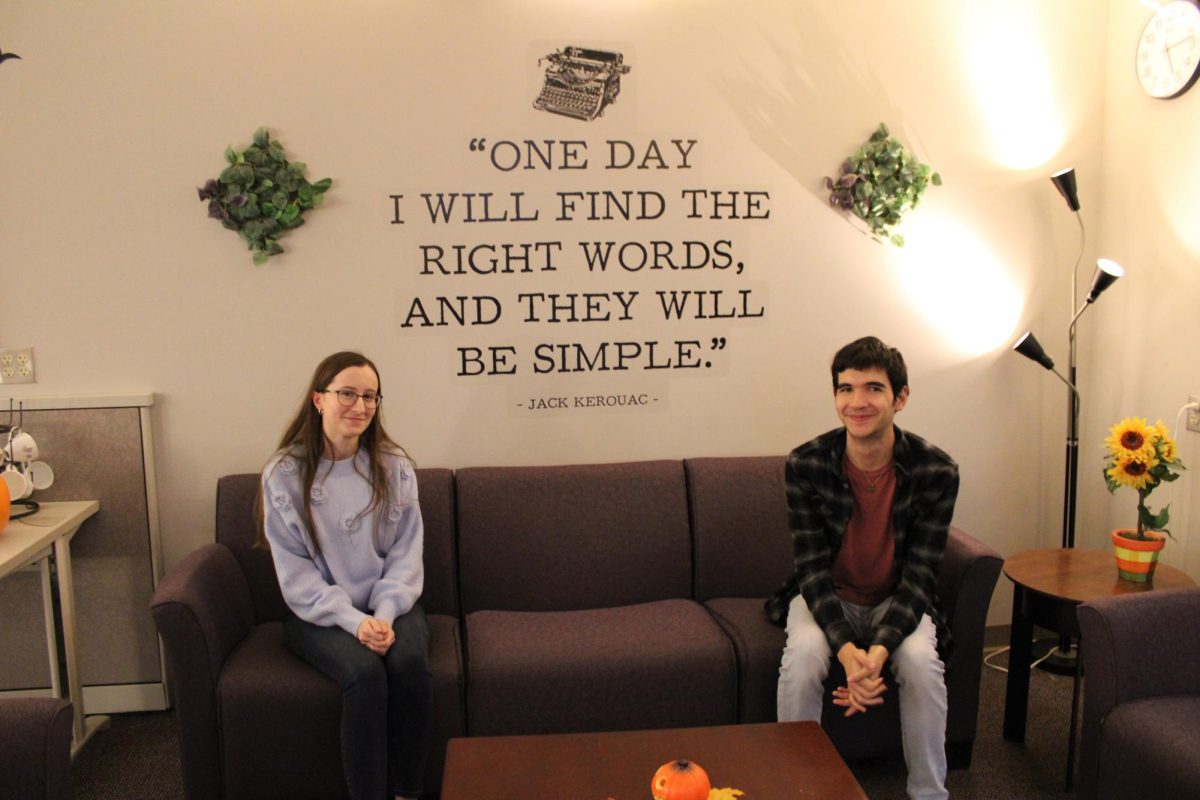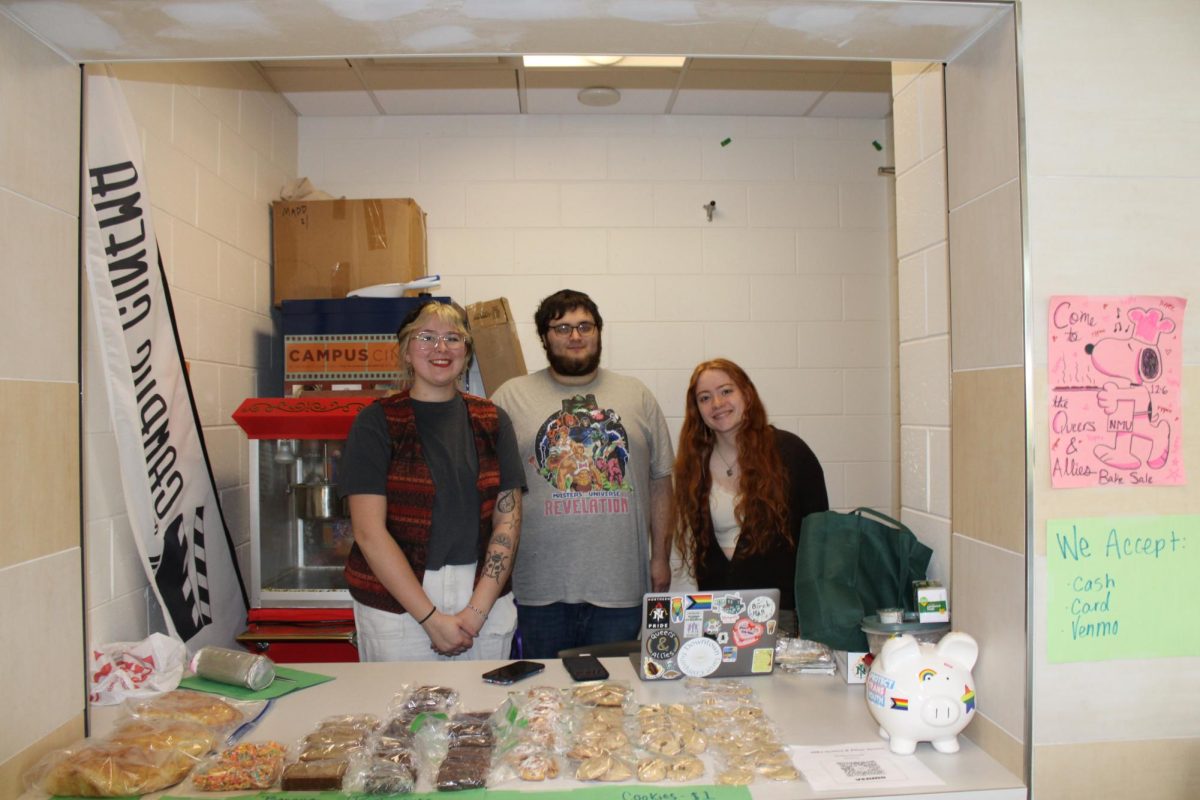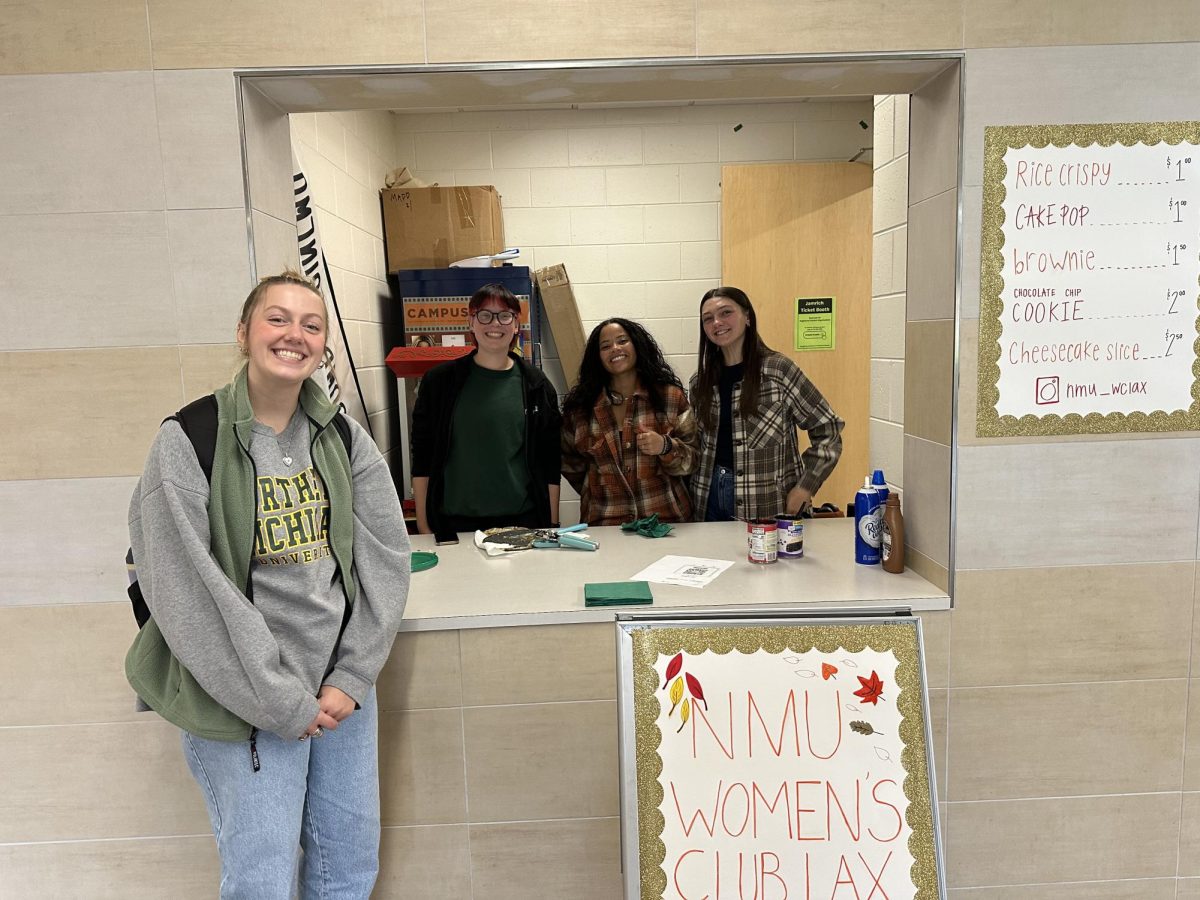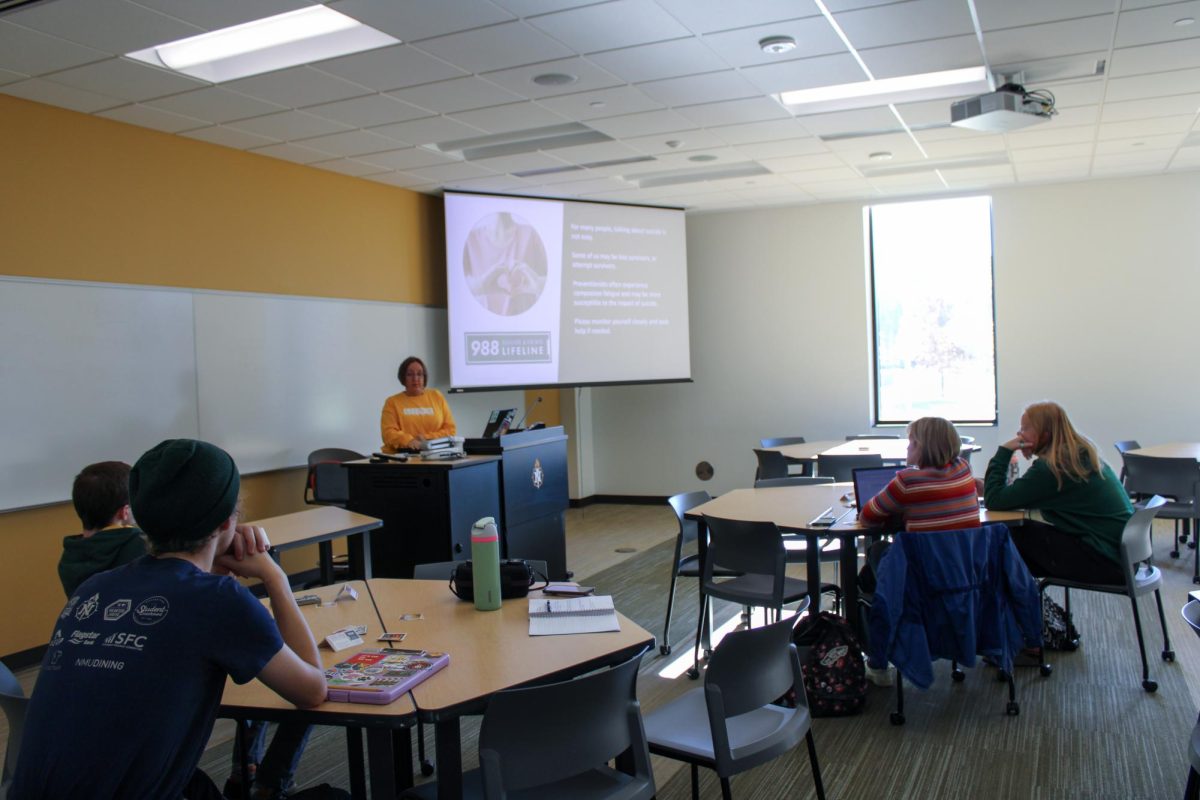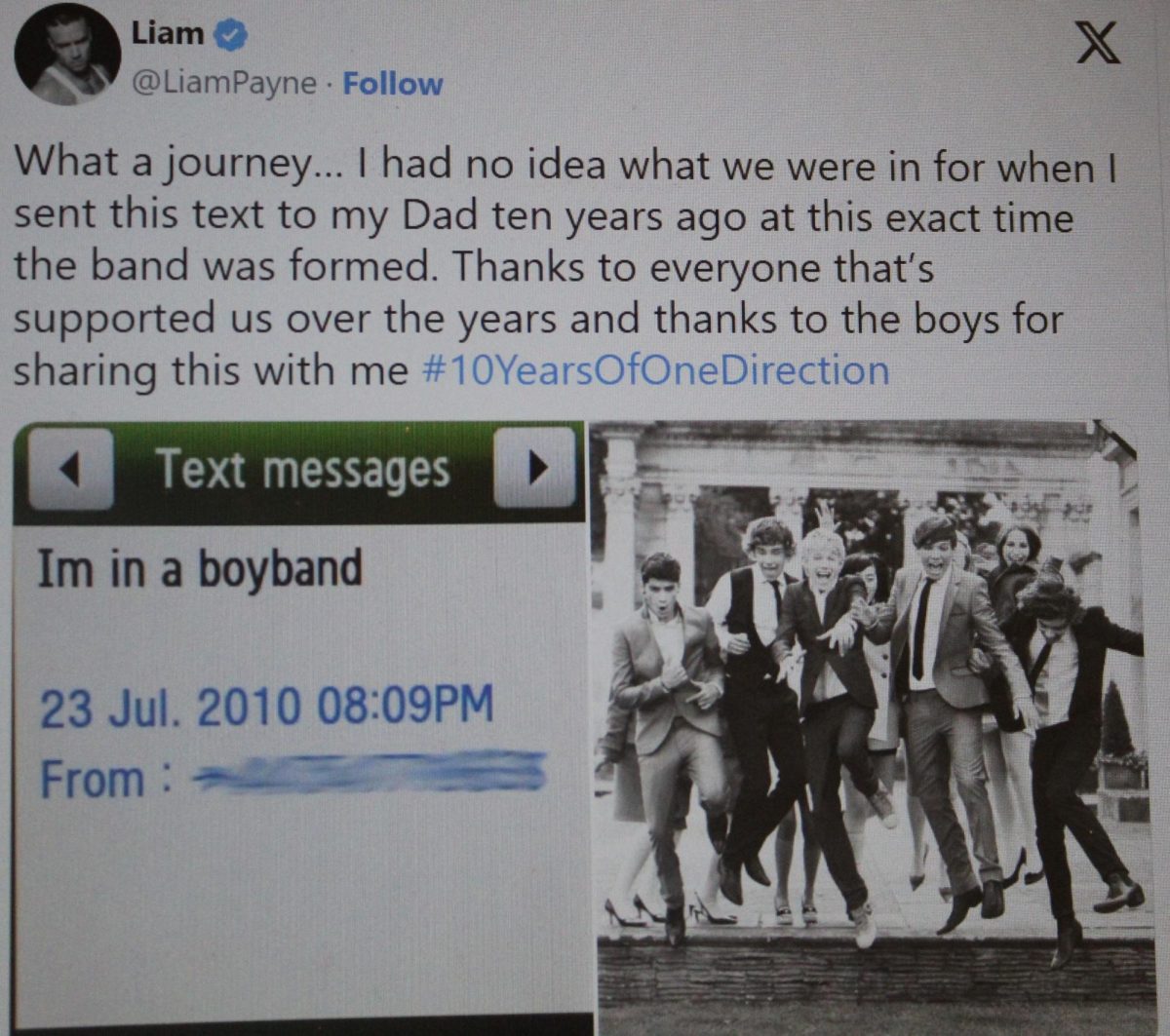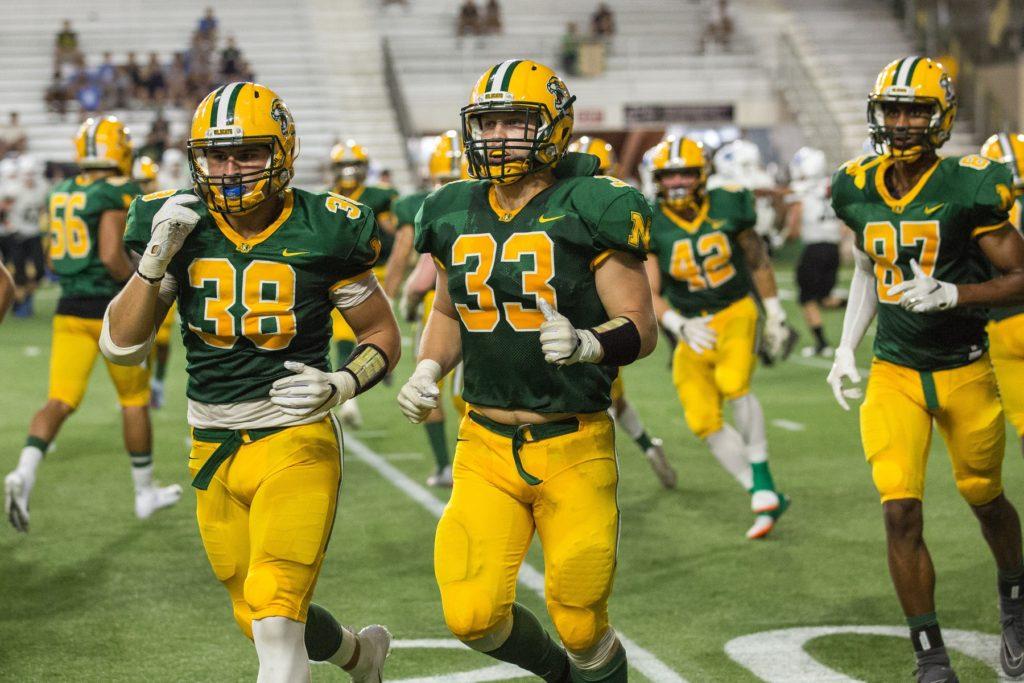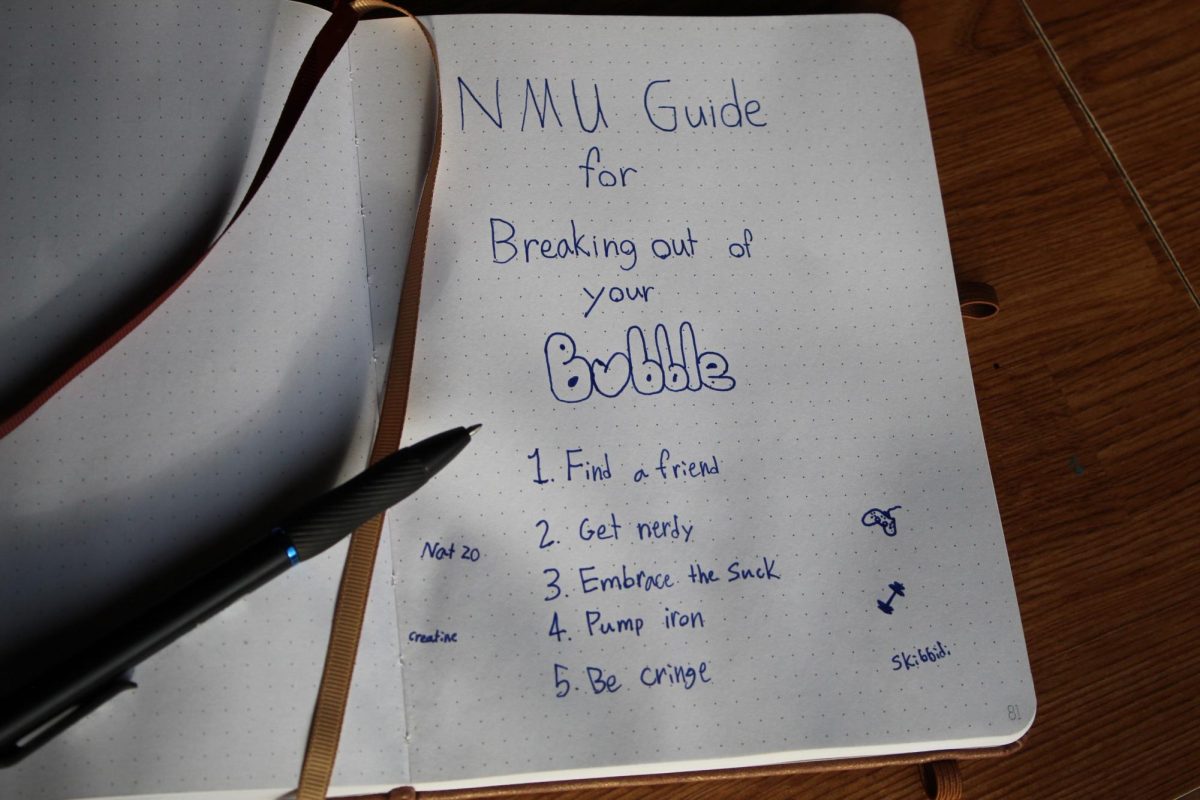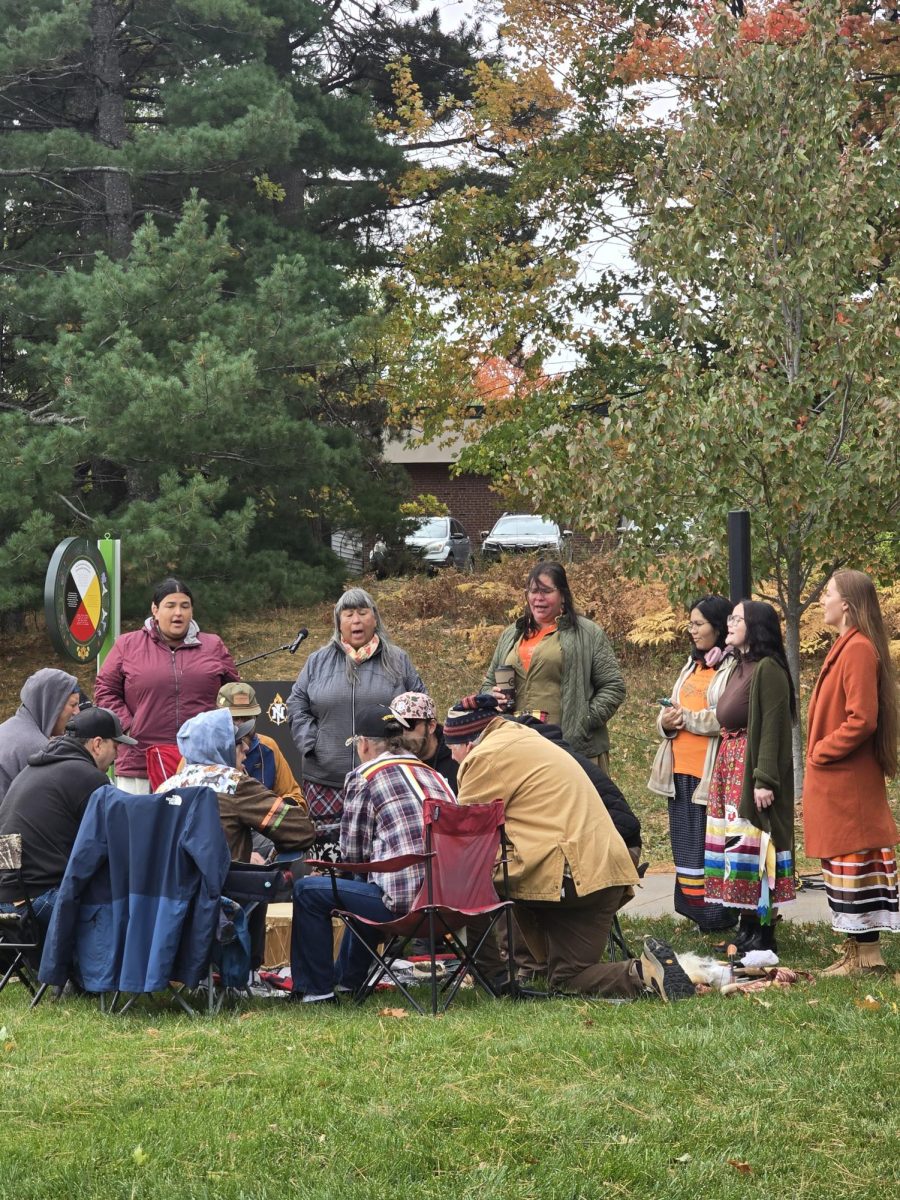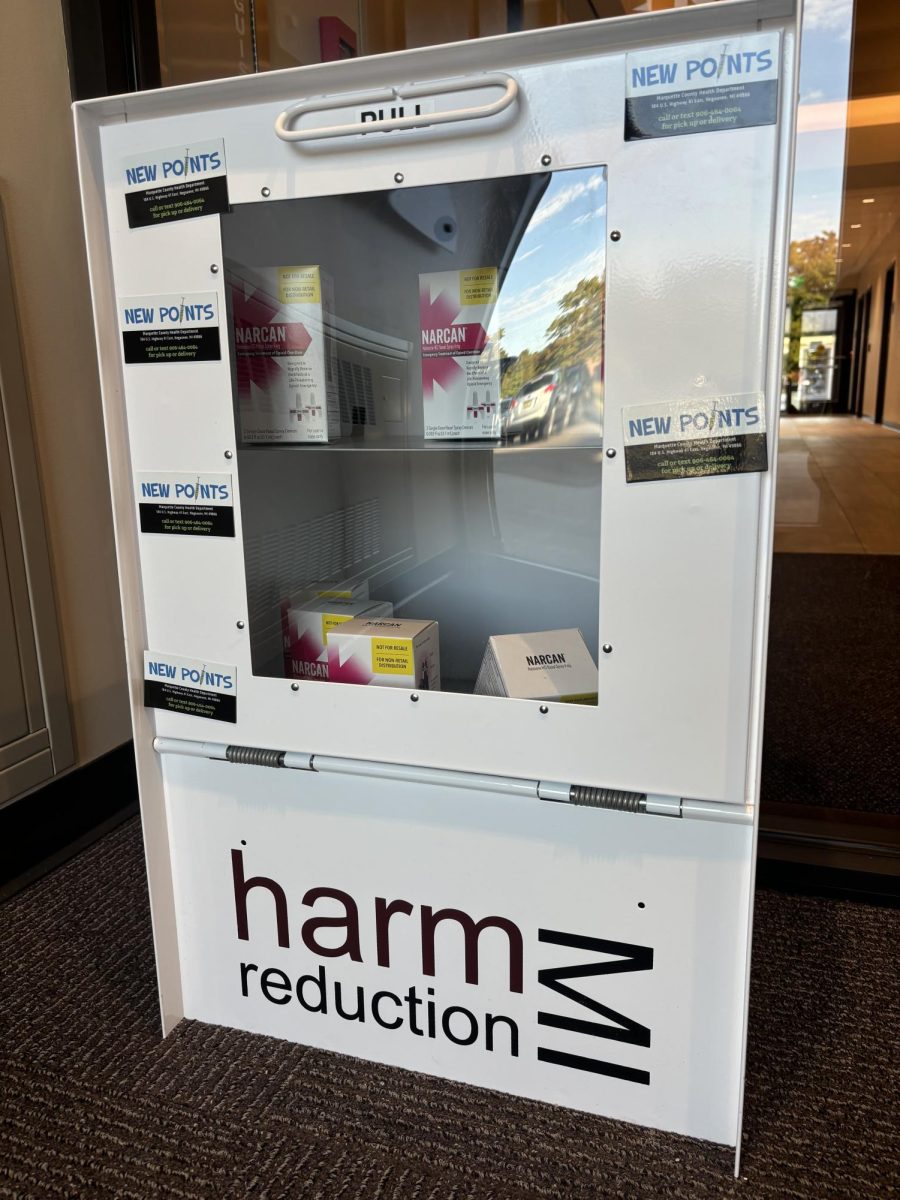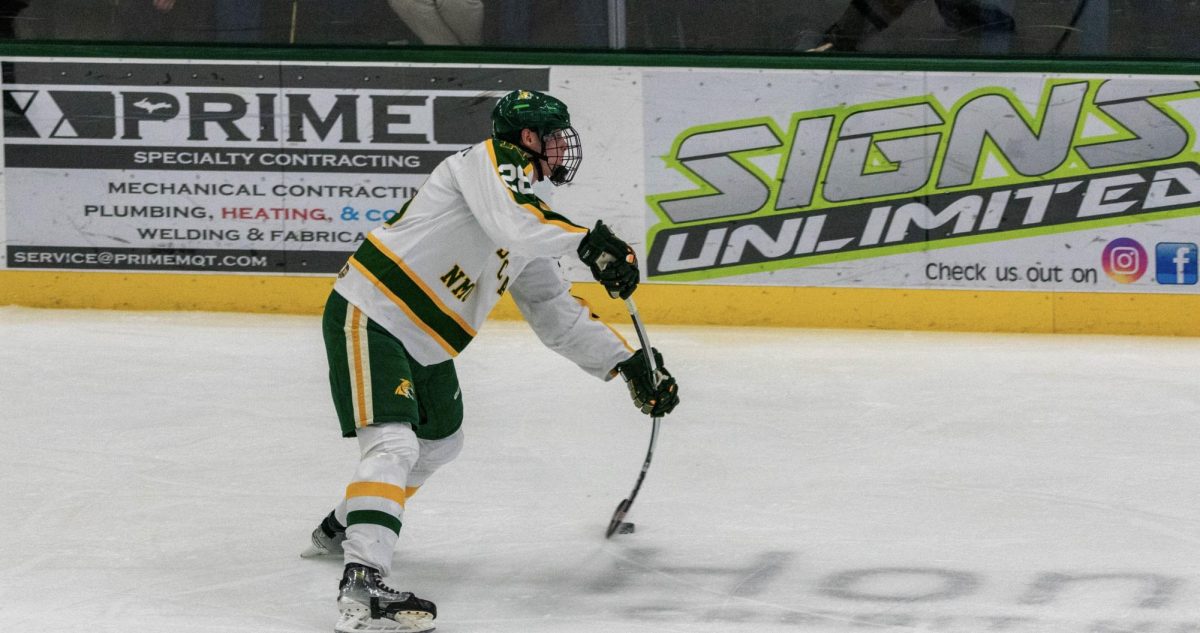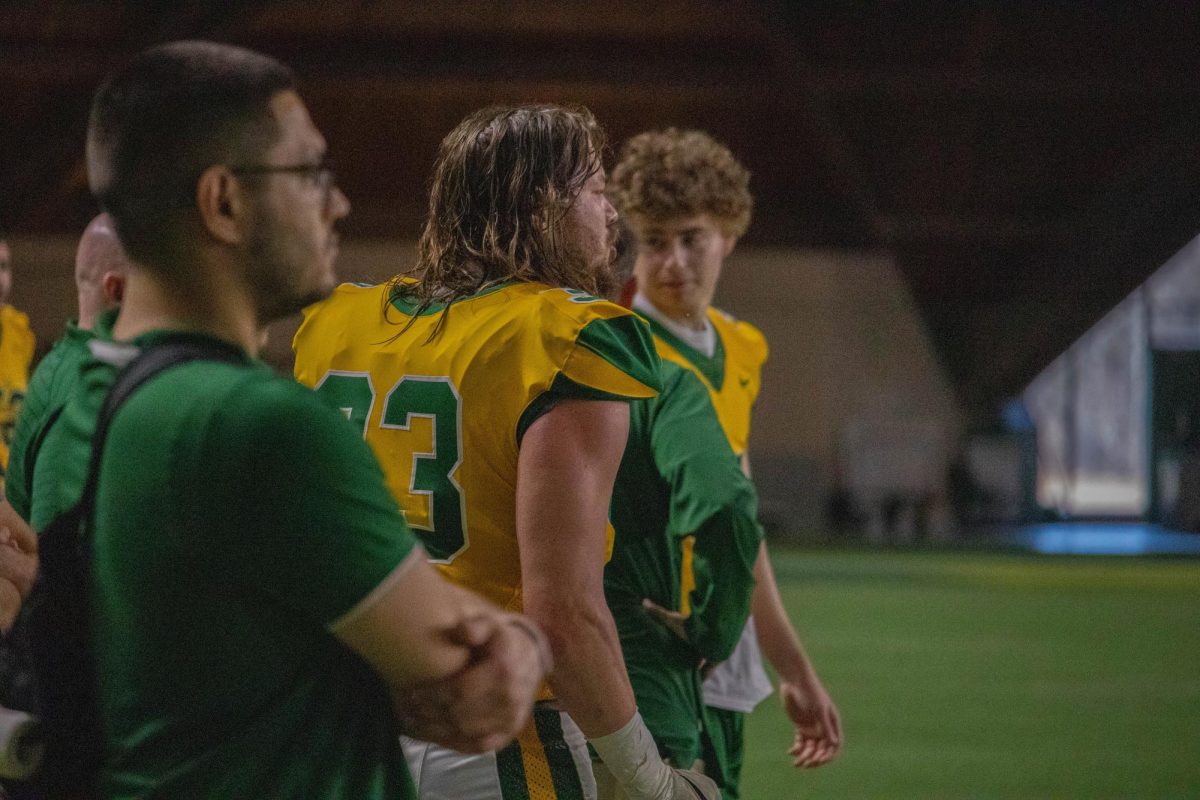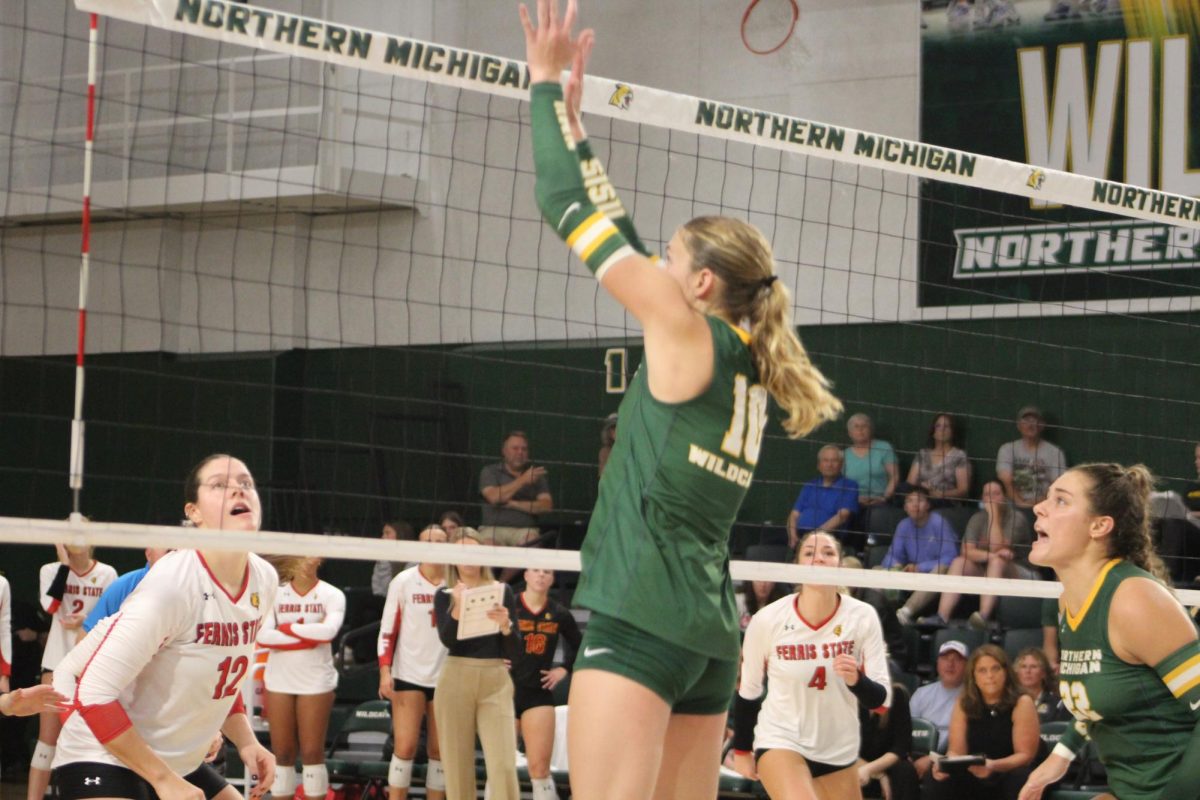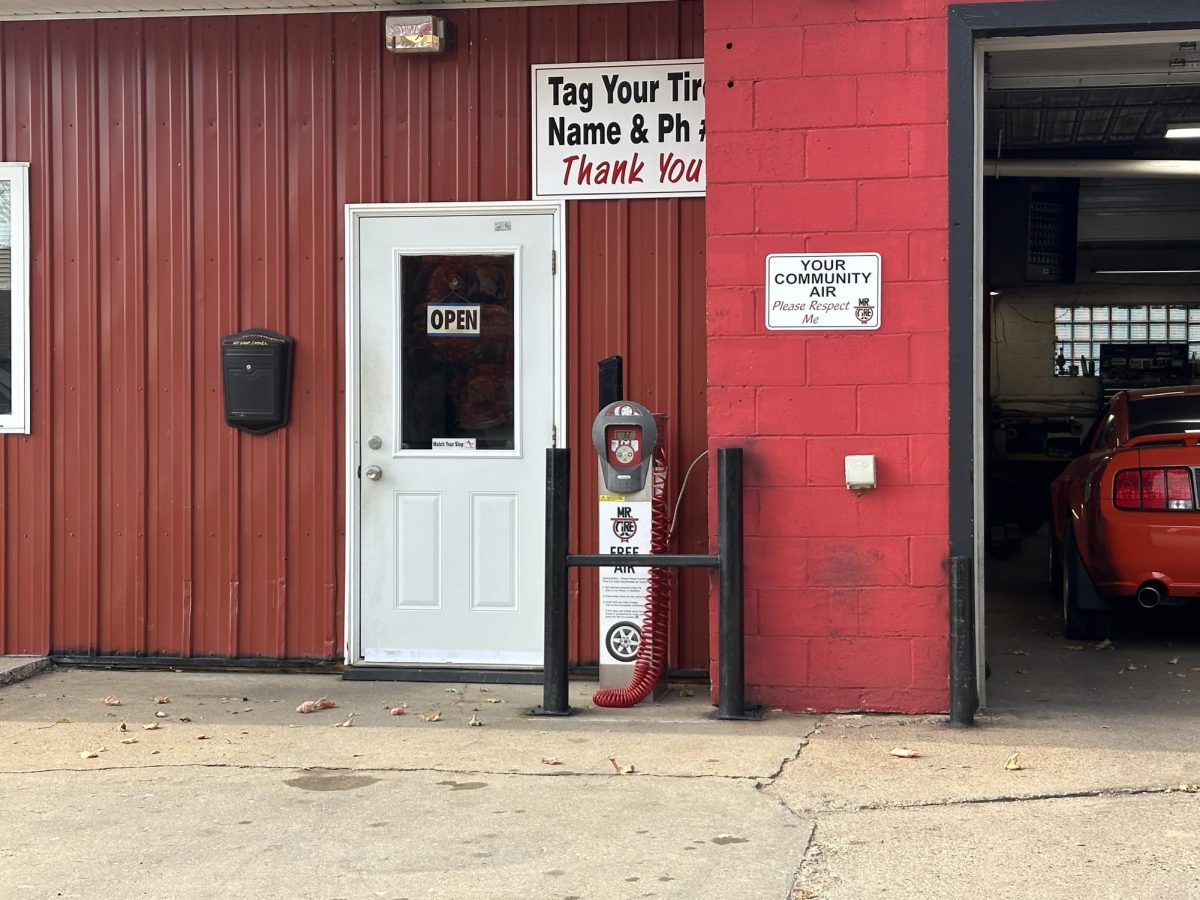Guest Column by Brian Westrick
On Thursday, Occupy Wall Street entered its 27th day. The massive protest group has been taking up residence in Zucotti Park in New York City and plans to continue their protest until their demands are met. I think.
When I flip on the TV or check the Internet for news on the protest, the most prevalent sign and declaration made by the group is, “We are the 99 percent.” I understand the idea behind this proclamation. Showing solidarity, showing that as the 99 percent they are unified in their goals and demands. I think.
The movement is founded largely with the goal of ending corporate greed in mind. That goal I’m positive about. But how they hope to accomplish this is absolutely lost on me. There seems to be essentially no unity in any way, other than they’re upset about corporate greed, a legitimate gripe to be sure. But other than that, to call the group disorganized might be unfair. Disjointed may be a little bit closer.
The movement’s website, Occupywallst.org loudly proclaims that the group has “no list of demands.” So, while the group complains about being unheard and unnoticed, they refuse to create a coherent list of demands or any way to really express what the group as a whole is after. Some support ultra-conservative Ron Paul, others support the far more liberal Barack Obama. Some hold signs demanding the ending of monetary aid to Israel, others are Israeli-Americans who appreciate a continuing showing of support from the United States.
There is still much to be said regarding the logical shortcomings of the Occupy Wall Street protests, even if their goals are achieved. It was Abraham Lincoln who said, “You cannot make the poor richer by making the rich poorer.”
And looking at the economic rebuild in Jamaica during the 1970s under Michael Manley, it’s clearly evident with his sweeping social reform that his objective was to eliminate a class divide and create a nation in which resources were spread more equally. The result was a disaster. Unemployment climbed, GDP contracted by 25 percent and inflation skyrocketed. And that’s not all. The sharp ideological divide triggered violence throughout Jamaica and an air of distrust between everyone.
In contrast, after taking over the government of South Africa, Nelson Mandela did quite the opposite. He did not punish the rich Caucasians, despite immense and mounting pressure from the people of his own race. Mandela instead called for a positive change across the board. Mandela chose to use basic economic theory to slowly shift the system, to come to the benefit of everyone. He managed to avoid the knee-jerk reaction that doomed the well-meaning Manley’s vision for a more equal Jamaica, and South Africa has enjoyed steady growth because of it.
All of this is to say nothing of the effects that the actual protest is having on the rest of the 99 percent whom the protesters claim to feel unity with.
The Daily Show reported that several local businesses have reported damaged washroom facilities as a direct result of Occupy Wall Street. One restaurant owner reported a sink being ripped entirely out of the wall after a protester attempted to use it to shower. Another reported that after a protester used his bathroom, the stall was covered in human excrement. Yet another claimed that a group of protesters brought bags of feces into her restaurant and expected her to dispose of them.
Beyond this, the protesters have required the New York Police Department to work overtime for nearly a month straight. Police officers certainly don’t work for free, and are paid with public funds. The collective overtime pay is up to $2 million as of Oct. 7, New York Daily News reports.
While it’s true that certain political beliefs can be ignored when a larger goal becomes predominant, the fact that this group as a whole even lacks coherency to create a list of demands, and even proudly declares that they have none, is a strong hit to the legitimacy of Occupy Wall Street.
Protesters asked us to wake up and listen. Well, we’re awake. What now?


